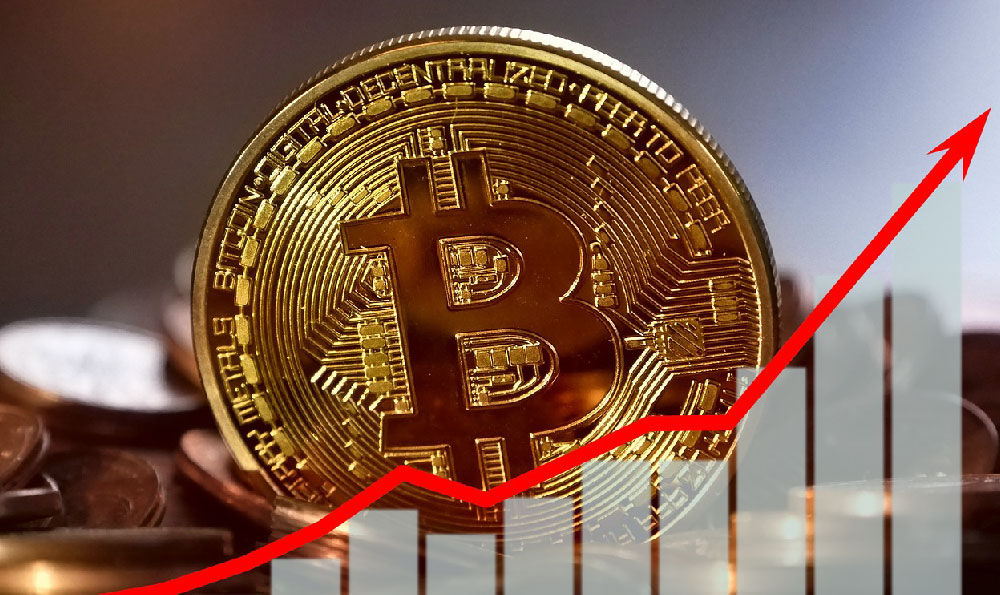The debate surrounding whether college football players deserve to be paid is a complex and multifaceted issue, sparking passionate arguments from all sides. At its core, the question probes the very definition of amateurism in college athletics and the economic realities faced by these athletes. To truly understand the controversy, we must delve into the arguments both for and against compensating these young individuals, considering the ethical, legal, and economic implications.
One of the strongest arguments in favor of paying college football players rests on the immense revenue they generate for their universities and the NCAA. These athletes are, in essence, the product that fuels a multi-billion-dollar industry. Their skill, dedication, and physical exertion are directly responsible for ticket sales, merchandise revenue, television contracts, and lucrative sponsorships. Universities and coaches reap immense financial benefits from their performances, while the players themselves often receive only scholarships, room, and board. This disparity raises questions of fairness and equity. Shouldn't the individuals who contribute most directly to the financial success of the enterprise be entitled to a share of the profits?
Furthermore, the life of a college football player is demanding, resembling a full-time job. They dedicate countless hours to training, practices, film study, and travel, often sacrificing their academic pursuits and social lives. The physical toll is significant, with players risking serious injuries that can have long-term health consequences. While scholarships cover tuition, room, and board, they often fail to address the everyday expenses that students face, such as textbooks, transportation, and personal items. Many players come from low-income backgrounds and struggle to make ends meet, relying on financial assistance from family or working part-time jobs, which further detracts from their athletic and academic performance. Paying these athletes would alleviate some of the financial burdens and allow them to focus more fully on their studies and their sport.

Moreover, the current system can be seen as exploitative. The NCAA's strict amateurism rules prevent players from profiting from their name, image, and likeness (NIL). This means they cannot accept endorsements, sponsorships, or even payment for autographs, even though their popularity directly benefits the university and its corporate partners. This restriction is particularly galling when coaches and administrators are earning exorbitant salaries while the players who generate the revenue are prohibited from earning a single dollar beyond their scholarship. The argument is that these players are essentially unpaid labor, contributing to a system that enriches others at their expense. The recent changes allowing NIL deals have begun to address this, but questions remain about fairness and equitable access to these opportunities.
However, the argument against paying college football players also presents valid points. One concern is the potential for disrupting the competitive balance within college athletics. If universities are allowed to pay players, the wealthier institutions with deeper pockets would likely attract the most talented athletes, creating a significant advantage over smaller, less affluent schools. This could lead to a concentration of talent at a few elite programs, diminishing the overall competitiveness and appeal of college football.
Another concern revolves around the definition of "employee" and the potential legal implications of treating college athletes as such. If players are considered employees, they would be entitled to workers' compensation, health insurance, and potentially even the right to unionize. This would fundamentally alter the structure of college athletics and create significant administrative and financial challenges for universities. The current scholarship model, while imperfect, provides a pathway for athletes to receive a valuable education and pursue their athletic dreams without incurring significant debt.
Additionally, some argue that paying college football players would fundamentally undermine the amateur spirit of college sports. The traditional view is that college athletics are about education, personal development, and the love of the game, not about professional compensation. Paying players could commercialize college sports to an even greater extent, turning them into professional leagues in disguise. This could detract from the academic mission of universities and erode the sense of community and camaraderie that is so integral to the college experience.
Furthermore, determining a fair and equitable compensation system for college football players would be a daunting task. How would players be valued? Would all players on a team be paid equally, or would compensation be based on performance or position? How would the money be distributed, and who would be responsible for managing the funds? The logistical and administrative challenges of implementing a payment system are significant and could lead to disputes and controversies.
The issue is not simply about yes or no to payment. It necessitates exploring alternative solutions that address the concerns of all stakeholders. Enhanced scholarships that cover a wider range of expenses, including living stipends and healthcare benefits, could provide greater financial support for athletes without fundamentally altering the amateur nature of college sports. Increased opportunities for athletes to profit from their NIL, while ensuring fair and equitable access, could allow them to earn income without becoming employees of the university. A comprehensive reform of the NCAA's governance structure could ensure that athletes have a greater voice in decisions that affect their lives and their sport.
Ultimately, the question of whether college football players deserve to be paid is a complex ethical and economic dilemma with no easy answers. While the current system is undeniably flawed and ripe for reform, any solution must be carefully considered to ensure that it is fair, equitable, and sustainable. A balance needs to be struck between compensating athletes for their contributions, preserving the amateur spirit of college sports, and maintaining the competitive balance within the sport. The future of college football depends on finding a solution that addresses the needs of all stakeholders and ensures that the sport remains a valuable and rewarding experience for both athletes and fans alike. It requires a thoughtful and nuanced approach, acknowledging the complex realities of modern college athletics and striving for a more equitable and just system for all involved.












